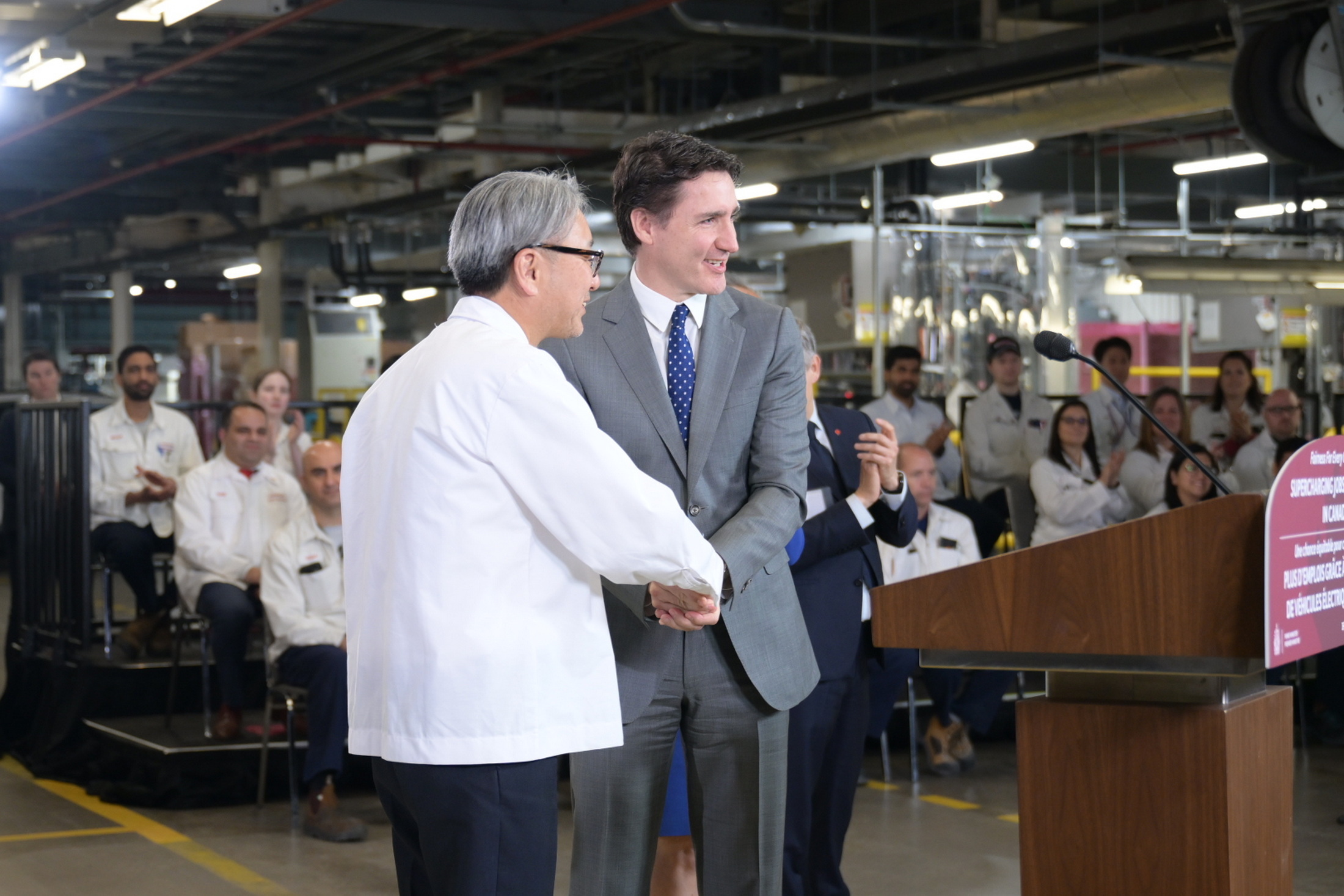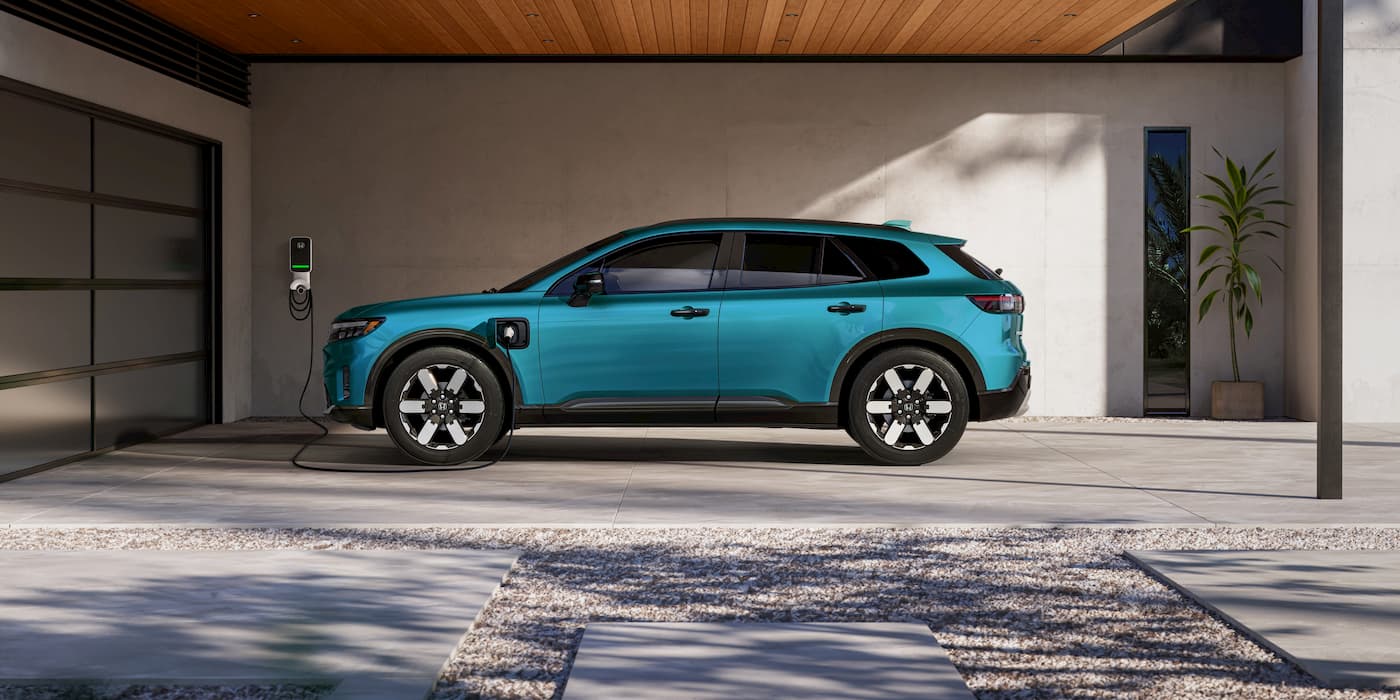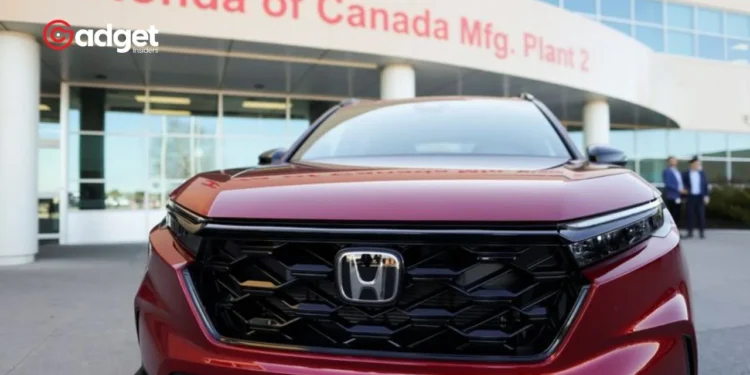Honda is making a historic leap into the electric vehicle (EV) market with an unprecedented $11 billion investment to establish a robust EV manufacturing presence in Canada. This strategic move will position Honda at the forefront of the EV industry, creating Canada’s first comprehensive EV supply chain and significantly boosting North American EV production capabilities.

Honda’s Vision for an Electrified Future
Honda’s ambitious plans include constructing four new manufacturing facilities in Ontario, which underscore the company’s commitment to transitioning from traditional automotive manufacturing to a future dominated by electric vehicles.
The investment is the company’s largest financial commitment in Canada and marks a significant milestone in the global EV industry.
Honda joins EV race with historic $11B investment to build 240K EVs a year https://t.co/QzMwtMaVA2 by @EVPeteJohnson
— Electrek.co (@ElectrekCo) April 25, 2024
The centerpiece of this initiative is a new EV plant and a dedicated EV battery factory in Alliston, Ontario. Once fully operational, the EV plant is expected to produce an impressive 240,000 vehicles annually, while the battery factory will boast a capacity of 36 GWh per year.
The automobile brand anticipates that production will commence in 2028, signaling a major shift in the company’s manufacturing strategy towards electrification.
Building a Comprehensive EV Supply Chain
In a statement released by the office of Prime Minister Justin Trudeau, it was noted that the company’s development would lead to the creation of Canada’s first-ever comprehensive EV supply chain.
This development is projected to include everything from critical raw materials to the final assembly of EVs. Such a vertically integrated supply chain is expected to reduce costs by over 20%, enhancing the affordability and accessibility of electric vehicles.

Additionally, the brand is expanding its production capabilities through strategic partnerships, including a joint venture with POSCO Future M to build a cathode active material and precursor plant, and another planned project with Asahi Kasei Corp.
These collaborations are set to further strengthen the supply chain and ensure the availability of essential components for EV production.
Honda’s Broader Commitment to Electrification
Beyond its Canadian expansion, Honda is also retooling its operations in other parts of North America. The company has invested an additional $700 million to adapt three of its Ohio plants, which will serve as another hub for its future EV and EV battery production.
This is part of the company’s broader goal to have EVs and fuel cell electric vehicles (FCEVs) constitute 100% of its vehicle sales by 2040.
Introducing the Honda Prologue
On the consumer front, the automobile giant has already made strides into the electric vehicle market with the launch of its first electric SUV, the Honda Prologue, earlier this year.
Priced starting at $47,400, the Prologue offers a range of up to 296 miles on a single charge. With federal tax credits, the price can drop to as low as $39,900, making it a competitive option in the burgeoning EV market.
According to Lace Woelfer, VP of Honda America National Auto Sales, the Prologue hits the “sweet spot” with its blend of sportiness and style, appealing to a broad segment of auto buyers.

A Strategic Shift in Auto Manufacturing
Honda’s $11 billion investment in Canada represents a significant pivot towards a sustainable automotive future and positions the company as a key player in the global shift towards electric vehicles.
With its comprehensive strategy and bold financial commitments, The company is not just adapting to the changing automotive landscape but is setting the stage to lead it.
As the EV market continues to evolve, Honda’s integrated approach to EV production in North America could serve as a model for other automakers looking to scale up their electric vehicle offerings efficiently and sustainably.










